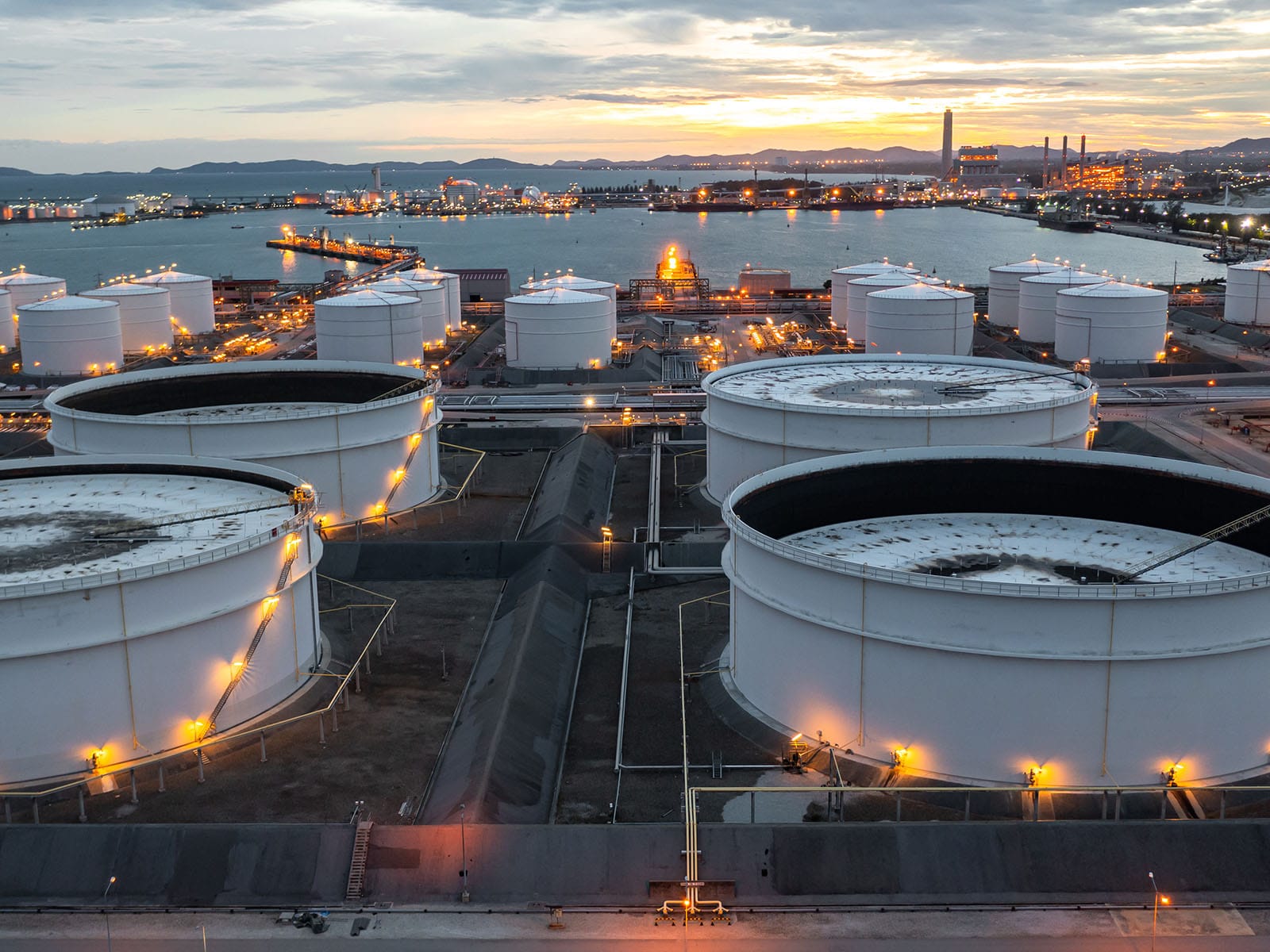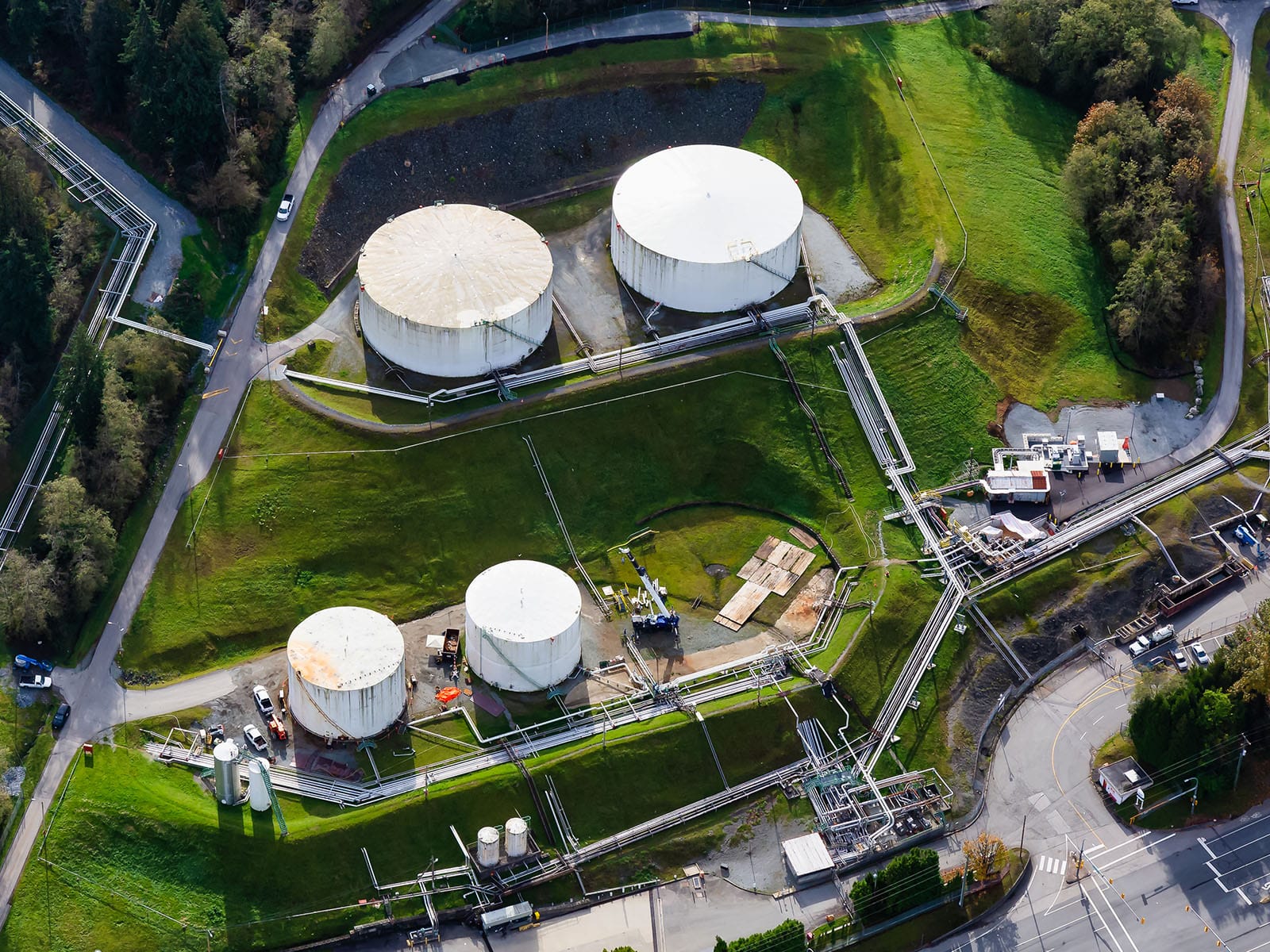Your business
Moorland Fuels: your business
A partner to fuel your business’s success
At Moorland Fuels, we get it — keeping your business running smoothly goes beyond just having fuel on hand. It’s about working with a partner you can trust. For more than 20 years we’ve been supporting businesses just like yours, all over Devon and Cornwall, delivering reliable fuel solutions with a personal touch. Whatever your industry, we’re here to make your day-to-day operations that little bit easier.
We’re not just a supplier; we’re a partner who cares about your success and understands the impact your business has on the community. Together, we’ll make sure you’ve got everything you need to keep things running smoothly.
Fuel deliveries that suit you
Bulk fuel deliveries you can rely on
When it comes to fuel deliveries, dependability is key. That’s why we provide reliable deliveries of red diesel, white diesel (DERV), industrial heating oil, kerosene, lubricants, and hydrotreated vegetable oil (HVO) to businesses across Devon and Cornwall.
Whether you’re in the heart of a city or a remote area, we’ve got you covered, ensuring your fuel always arrives on time so you can focus on what matters most — your business.
Say goodbye to running out of fuel
With TankPal, our remote tank monitoring system for both public and private sectors, you can leave the fuel management to us. TankPal tracks the fuel levels in your tank and will automatically reorder when it hits your preset threshold. Whether you have one tank or dozens, it’s designed to keep everything topped up without you having to lift a finger. Plus, it can spot potential issues like leaks or water contamination before they become costly problems, helping you save time and money.
With TankPal in place, running out of fuel is no longer something you need to worry about, giving you one less thing to think about.
Fuel management
Fuel deliveries, sorted
Managing fuel deliveries doesn’t need to be a chore. With our flexible fuel management plans, we take the hassle out of scheduling deliveries, making the whole process effortless.
Whether it’s for an office, hotel, construction site, or vehicle fleet, we’ll create a scheduled fuel delivery plan that works for you. No more last-minute scrambles or unexpected shortages — you can count on us to keep things running smoothly.


Fuel solutions tailored to your industry
We put your business first
In 20 years, we’ve partnered with businesses of all shapes and sizes, from manufacturing to transport, construction, and beyond. Our customers span industries including quarrying, hospitality, schools, marine, and more. Each sector has its unique challenges, so we’re here to help you overcome each and every one of them with our range of tailored solutions and services.
Choosing Moorland Fuels means choosing a team that listens, understands, and goes the extra mile to make sure your operations run seamlessly.
Never run out of the fuel your business needs
Running low on heating oil, red diesel, DERV, or renewable HVO can bring your business to a standstill and disrupt everything from customer service to day-to-day operations. But don’t worry — we’ve got you covered.
We also offer carbon offset schemes to balance out your fuel use by supporting environmental projects like tree planting and renewable energy. Our team is always on hand to guide you through low-carbon options, so you can confidently work towards your net-zero goals. Together, we’ll create a sustainable future for both your business and the planet.

Keeping your fuel safe and secure is essential for keeping things running smoothly, so why settle for anything less than the best? If it’s time for a new tank, we’ve got a great selection of high-quality commercial fuel tanks, including both single and double-bundled options. Not sure which one is right for you? No problem — our team will help you find the perfect fit for your business needs.
And we don’t just leave you to it once your tank is in place. We offer free tank health checks when we deliver your fuel, helping to keep everything working as it should. If our delivery drivers spot any issues, we’ll flag them and work with you to sort them quickly and efficiently, using expert OFTEC-registered engineers. This way you can carry on with business as usual, while we deal with the issue at hand.
Unexpected things happen — and that’s when we really shine. Whether you need an emergency fuel delivery or advice on the best fuel options for your business, our experienced team is always just a phone call away. We’re here to provide the dependable support you need, whenever you need it.
Let Moorland Fuels take care of your fuel needs so you can focus on growing your business.
Reliable fuel supply, exceptional service, sustainable solutions
Your reliable and experienced fuel distributor, serving your local community for over 20 years.

